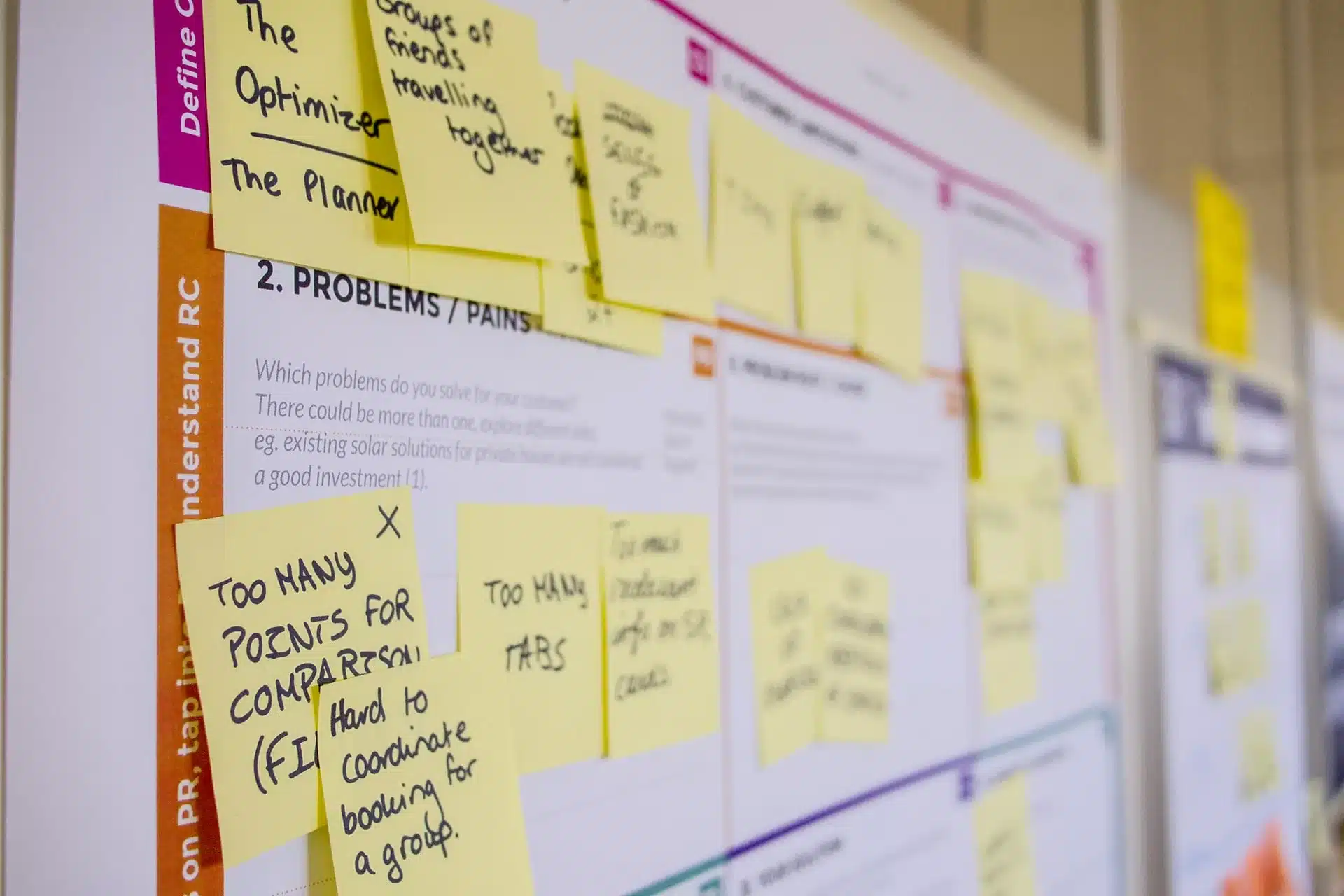Those who work in the tech industry, or close to it, must probably be familiar with the different software development methodologies. Every technology organisation today practice various types of methodologies and frameworks for software development. One of the most preferred and considered as the most efficient one is the agile methodology.
However, what is agile methodology and why it is most preferred by tech organisations? How does this software development methodology differ from conventional practice? What are the benefits of using it and what are the other types of it?
What Is Agile Methodology?
Agile methodology is an approach mainly used for software development which involves collaboration, self-organisation, and cross-functionality of teams. Its practices are mainly based on the values and principles of the Agile Manifesto. It is created as a response to the insufficiencies of the conventional method which is also known as the Waterfall method.
Agile Versus Waterfall Methodology
Traditional or waterfall methodology is based on a timeline approach, where you don’t get to see or test the progress until the final step. It usually takes a lot of time and effort in the various developmental procedures including analysis, design planning, prototype, and final testing. This gives little to no room for flexibility when tackling progress reviews and changes
On the other hand, the agile development model works on iterations. This allows for faster testing and implementation results. It promotes faster project completion and boosts progress efficiency.
Benefits of Agile Project Management
If you belong in the software development industry, you must be aware of the rapid changes that continually happens along with it. For businesses to deliver the required value while achieving lower possible risks, agile development is how they get there.
There are various benefits of using agile methodology for project management. Agile methods help teams work more effectively and efficiently.
- High-Quality Product – Since testing is highly integrated during the process, it means that regular check-ups are being done. This ensures the quality of the product and lets producers to make changes if needed and if issues may come to arise.
- Higher Customer Satisfaction – With agile development, producers are highly involved with the development process. This provides high visibility and flexibility to make changes as deemed needed. Depending on the demands and its functionality, it is easier for product owners to make some changes while on progress.
- Increased Project Control – There will be more visibility in every step of the project development. With such transparency, it entails increased control for product owners to oversee the development process.
- Reduced Risks – Agile methodology virtually decreases the possibilities of failure output. It gives freedom to make changes when needed. It can also be implemented at a very little cost, thus adaptation to client’s requests and needs makes it less hassle.
- Faster Return On Investment – Agile methodology is an art of iterative development which means features are delivered incrementally. It means faster product release and ability to gauge customer reaction which keeps you ahead of the competition.
Types of Agile Methodologies
There are agile methodologies that greatly differ from one another from an implementation standpoint. Each method has its own formula of practices, terminologies, courses of action, tactics, and other more.
Here are the most widely used agile methodologies:
Agile Scrum Methodology
Scrum allows developers to deal with complex problems in the development process while at the same time focusing on delivering high-quality output. It is simple and easy to understand framework but tricky to master.
Lean Software Development
This is an iterative type of agile methodology that mainly focuses on delivering value to customers through effective value stream mapping. It is a highly flexible type of agile methodology that eliminates waste, empowers the team, and builds integrity.
Kanban
Kanban framework allows the team to visualize their entire workflow rather than seeing the outcome of each process. It is considered as a lightweight, trouble-free, and highly cost-effective process. It also allows great transparency in the process and optimizes the entire workflow.
Extreme Programming (XP)
It has emerged as one of the most popular and controversial agile models. Extreme Programming (XP) is a disciplined approach for high-quality agile software development. It mainly focuses on the speed and continuous delivery which intends to quickly respond to the customer’s rapidly changing needs.
Crystal
Crystal, on the other hand, is the easiest to adapt among other types of agile methodologies. Unlike the conventional method, Crystal does not only focus on the people or processes alone, but rather the interaction between the two.
Dynamic Systems Development Method (DSDM)
It is an agile approach that emerged due to the need to provide a common industry framework for rapid software delivery. Its key principles mainly direct teams to have a creative mind to deliver on time and within budget.
Feature Driven Development (FDD)
It is a model-driven, short-iteration process that was built around software engineering best practices. Those blending practices resulted in a cohesive whole as the best characteristic of FDD. Its basic activity includes building a feature list, planning by feature, designing by feature, and developing a whole new model. Its main purpose is to deliver tangible, working software in a timely manner sustainably.
The Bottomline
Agile methodologies emerged out of the experienced challenges and limitations of traditional waterfall development. The approach promoted by this modern software development is in direct response to the issues that arose with the conventional method. Although both are the same in terms of philosophy and specific processes, there are still principles that differ.
Mastering agile development methodologies take time and effort in your part. But now that you know the concept, it will be easier for you to take your first step to start. It may sound intimidating at first, but it can adaptable.





